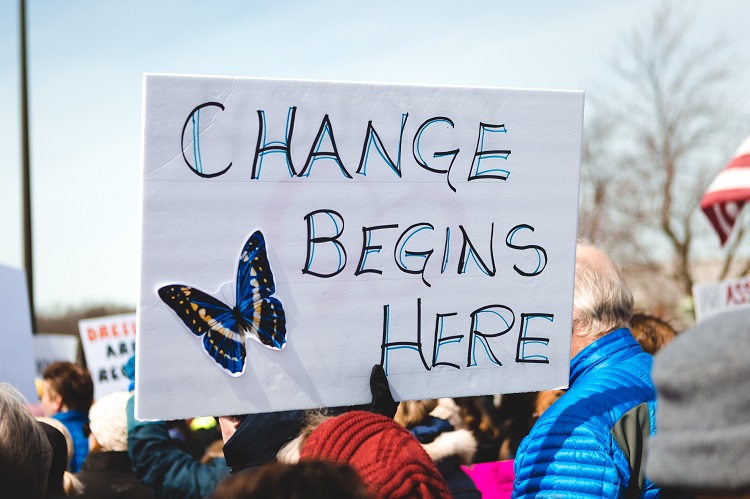In the 2008 presidential election, 2 million more voters under age 30 voted than in the 2004 election. Young voter turnout was the third-highest since the voting age was lowered to 18. And these young voters came out disproportionately for then-Sen. Barack Obama, who promised to reinvigorate a sense of national hope, change the political discourse and make government better.
Young voters were sold on his inspirational language.
Forty-four months later, buyer’s remorse is setting in. One in eight Americans age 18-29 is unemployed. Recent graduates and young professionals are finding fewer good opportunities.
Government data last year found 53.6 percent of people under age 25 with a bachelor’s degree — about 1.5 million people — were unemployed or underemployed, which is the highest percentage in more than a decade. And according to a recent Census Bureau report, “Between 2007 and 2010, the number of adult children who resided in their parents’ households increased by 1.2 million.”
Reporters, pundits and politicians typically treat the “jobs problem” as an economic issue. But it’s much more than that. The deeper problem is the lack of opportunity for young adults to become independent, start careers and lay the groundwork for their future. Ultimately, the problem is the lack of opportunity for young people to earn their own success — defining what they want out of life and then, through their own initiative and hard work, achieving it.
In 2008, candidate Obama tapped into the desire among young voters for a fairer and more open society in which they could pursue their dreams. Unfortunately, his policies — from the economic stimulus to Obamacare — have not been conducive to creating greater opportunity, especially for younger people.
Herein lies a paradox. The president’s language promises opportunity, while his policies restrict it for young Americans. And free-market policies create more opportunity, but their advocates typically craft data-heavy, numerically driven arguments to make their case. The challenge, then, is to make the case for economic freedom in explicitly moral terms. It’s crucial that we explain why economic freedom matters to young people and how it will create a better society for all Americans.
To be sure, some young people are starting to understand. To take one recent example, a group of high school students from Chicago started SOS Liberty, an organization dedicated to reducing the national debt and promoting fiscal responsibility. While they rely on many traditional arguments to make their case (for instance, they have a running national debt clock on their website), their strongest arguments are made in terms of fairness and generational theft. It’s compelling to hear the group talk about how it is unfair for the baby boom generation to stick their generation with a multitrillion-dollar tab.
This group exemplifies how to make the case for economic freedom to young people. But we need more of it.
This means that economists, policy analysts and liberty-friendly professors must clearly articulate the link between economic freedom and the opportunity to live a meaningful life — in essence, the opportunity for people to create value in their own lives and in the lives of others. It also means that student leaders and younger free-market activists need to use the kind of inspirational moral language that candidate Obama used in 2008 in order to reach their peers.
The difference, of course, is that free markets deliver real opportunities for advancement. The past 44 months have shown that the policies President Obama favors do not.
Young people who are concerned about the economy shouldn’t shy away from explicitly making the moral case for free enterprise. After all, it offers the most opportunity for people, particularly the young, to get jobs that enable them to earn their own success. And this is what the jobs debate is really all about.
Published at the Washington Examiner.



